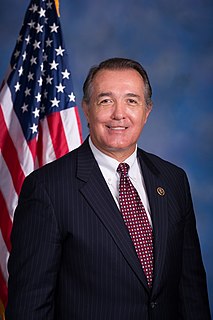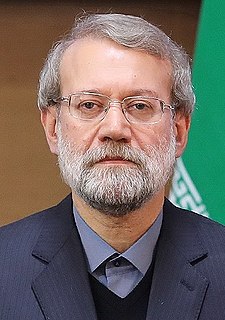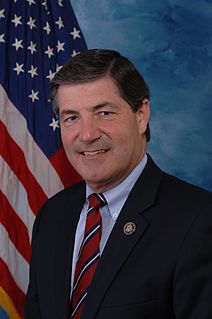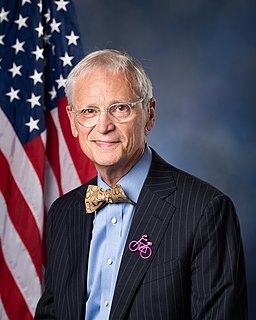A Quote by Rob Portman
The broad goal, laid out by Congress, the Obama administration, and the U.N. Security Council, was that Iran would suspend all enrichment-related activities and not be permitted a path to ever pursue a nuclear weapons program.
Related Quotes
I believe if Mr. Obama is reelected, and Israel somehow is unable to interdict the Iranian nation from gaining nuclear weapons themselves, this administration unfortunately, I'm afraid, will allow Iran to gain a nuclear weapon and then pursue what they believe would be the traditional policy of containment.
We support any deal that denies Iran nuclear weapons, that has a continuous and robust inspection mechanism and that has snap-back provisions in case Iran violates the agreement. Our concern is that Iran will use the income it receives as a result of the lifting of the nuclear sanctions in order to fund its nefarious activities in the region.
Iran's Supreme Court has issued a fatwa against the development of nuclear weapons. President [Hassan] Rouhani has indicated Iran will never develop nuclear weapons. I've made clear that we respect the right of the Iranian people to access peaceful nuclear energy in the context of Iran meeting its obligations.
It should be appreciated that if the arrangement on Iran's nuclear program collapses after being so patiently negotiated, and successfully implemented since 2014 despite the intense opposition of Netanyahu's Israel and its American loyalists in Congress, it would be widely perceived around the world as a huge setback in the search for regional stability and the struggle to prevent any further spread of nuclear weapons.

































